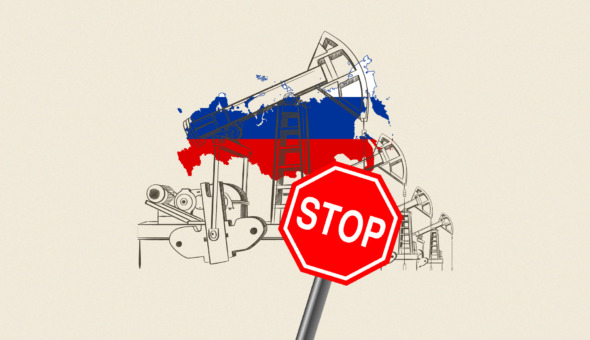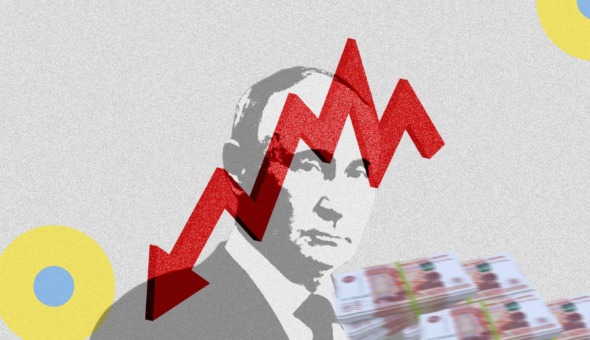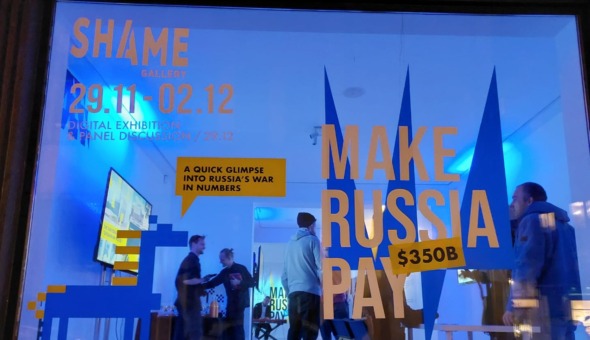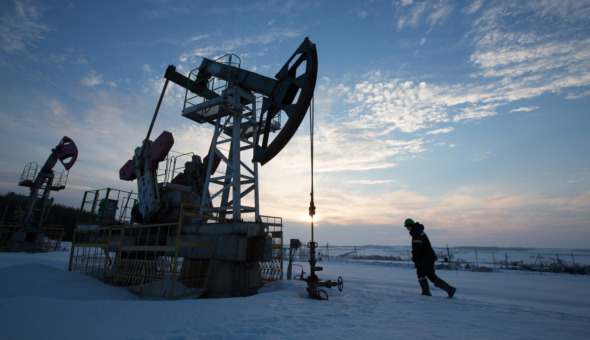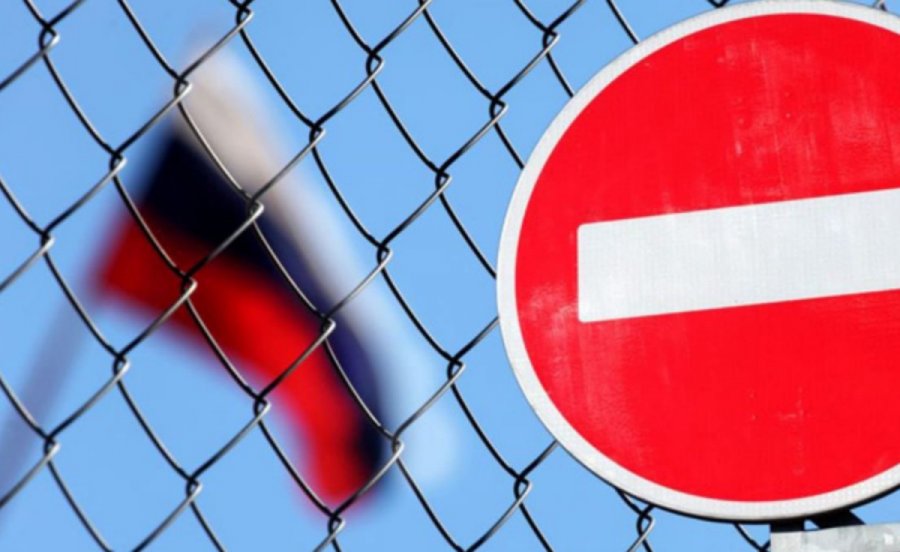
russian assets, which are frozen abroad, are clearly the main source of future compensation to Ukraine and Ukrainians and the recovery of the Ukrainian economy. However, the states that control these assets are currently not ready to consider their confiscation and transfer to Ukraine; instead, they see the possibility of using these assets to obtain funds that can be transferred to Ukraine in the future.
In particular, the European Union is considering the possibility of creating for this purpose a special body for managing the frozen assets of the russian federation for their use. The European Union is desperately trying to present the idea of active management of russian assets as a legally reliable way to guarantee compensation to Ukraine without violating international law.
For the first time, a similar concept was proposed in the draft Directive on the realization and confiscation of assets (2022/0167) dated May 25, 2022. The document envisaged the creation of an asset management authority as a specialized European Union institution for the management of frozen or confiscated property.
On November 30, 2022, the President of the European Commission, Ursula von der Leyen, voiced the idea of investing in russian assets to further direct profits to Ukraine. The European Commission noted that one of the short-term options for Western countries is the creation of a Fund for the management and investment of liquid assets, mostly cash, of the Central Bank of the russian federation, with the intention of using the funds received to support Ukraine.
The Legal Service of the Council of the European Union stated in January 2023 that such a plan is legally feasible, provided that a number of requirements are met: if the assets are not confiscated, they will be liquid, and after the final settlement of the compensation issue, they will be returned to the russian federation.
In itself, the investment of russian assets that are under European Union sanctions is not a violation. Restrictive measures are a tool of the EU’s Common Foreign and Security Policy. Their content is that they should be reversible, temporary, their purpose is to encourage the country to stop illegal behavior. The economic and legal position of the owners of the immovable assets remains the same as before the administration; they remain the owners of the assets, which is a key condition.
Management by the European Union will also not be a violation of international law. Given that the United Nations Convention on Jurisdictional Immunities covers only immunity from jurisdiction and enforcement in the narrow sense, which refers to assets owned, held, or controlled by the russian state, such as the assets of the Central Bank of the russian federation, the principle of state immunity does not prohibit proportionate administrative restrictive measures, which are temporary, reversible, and non-confiscating in nature and pursue legitimate purposes.
Legally, the procedure can look like this: the decision of the Council of the European Union is considered the basis for regulating sanctions (Article 215 of the Treaty on the Functioning of the European Union (TFEU)). The Council can oblige banks in member states that hold frozen russian assets to transfer them to an asset management fund. In order to avoid new legislative red tape, it is advisable to pay attention to the already mentioned Draft Directive of May 25, 2022. While the document is under review, it can provide for the procedure for investing russian assets as a form of restrictive measure.
Another question is being discussed privately: how will management take place – centralized or decentralized? The first option involves the temporary transfer of the assets themselves to the central body that carries out these investment operations. Under the decentralized model, the obligation to reinvest immobilized cash rests with the current owners of liquid financial assets, mostly banks. They have to transfer investment income to Ukraine.
Even if the key institutions of the European Union reach an agreement on the form and details of the mechanism for managing russian assets, the next task will be the implementation of the idea by the member states. In the future, the European Union should adopt a directive to provide for the necessary steps. However, due to the framework nature of the directive, it is quite difficult to guarantee the consistent implementation of the concept of managing russian assets throughout the European Union.
The consequences of the investment of russian assets may lead to an unprecedented interweaving of the Common Foreign and Security Policy with the monetary policy of the European Union and the financial interests of the EU member states. This case has every chance of becoming successful, but it is worth taking into account potential risks, in particular the possibility of uncontrolled repetition of these decisions by other states without proper grounds for compliance of such a mechanism with the general principles of property rights, in case not all EU member states support this step.
We welcome such steps and discussions on the part of the European Union, which are aimed at guaranteeing the irreversibility of compensation to Ukraine for damages caused by russian aggression. At the same time, such mechanisms require a broad understanding and discussion with the participation of the expert environment and Ukraine in order to guarantee both legal validity and take into account the interests of Ukrainian society as victims.
After the historic decision to create a Register of Damages Caused by russian Aggression against Ukraine, which was adopted by 44 countries in Reykjavík on May 17, 2023, at the Fourth Summit of Heads of State and Government of the Council of Europe, the creation of an International Body for the Management of Frozen Assets under the auspices of the Council of Europe seems more realistic. On the basis of data from the Register, the Compensation Commission must award sums to be paid to the victims.
An important international legal framework was created in Reykjavík with a high level of recognition of the proposed international mechanisms that will ensure justice in compensation for war losses, increase trust between partners, and reduce corruption risks. However, the problem of the financial capacity of the Compensation Fund, which should be created at the next stage, remains critical.
Therefore, within the framework of the Extended Partial Treaty, which, in addition to European countries, was signed by the USA, Canada, Japan, Mexico and which is open for other countries to join, it would be appropriate to create an international body to search for, block and manage the assets of the russian federation and its residents who are under sanctions, with subsequent confiscations, sales at auctions and the transfer of funds to the Compensation Fund.
The methods of combating russian aggression must change in a democratic way and be timely, so that the lack of effectiveness of late decisions is not justified by the basic legal principle of democracy “the law is not retroactive in time.”
The research was carried out within the framework of the ANTS project ” russian Assets As the Source to Restore the Ukrainian Economy “, which is implemented in cooperation with the National Democratic Institute (NDI) with the financial support of the National Endowment for democracy (NED).
Yaroslav Sydorovych, senior expert of the project ” russian Assets As the Source to Restore the Ukrainian Economy ” National Interest Advocacy Network “ANTS” Sofia Kosarevych, an expert in the field of compensation for damages caused by russian aggression
Source: Legal newspaper
